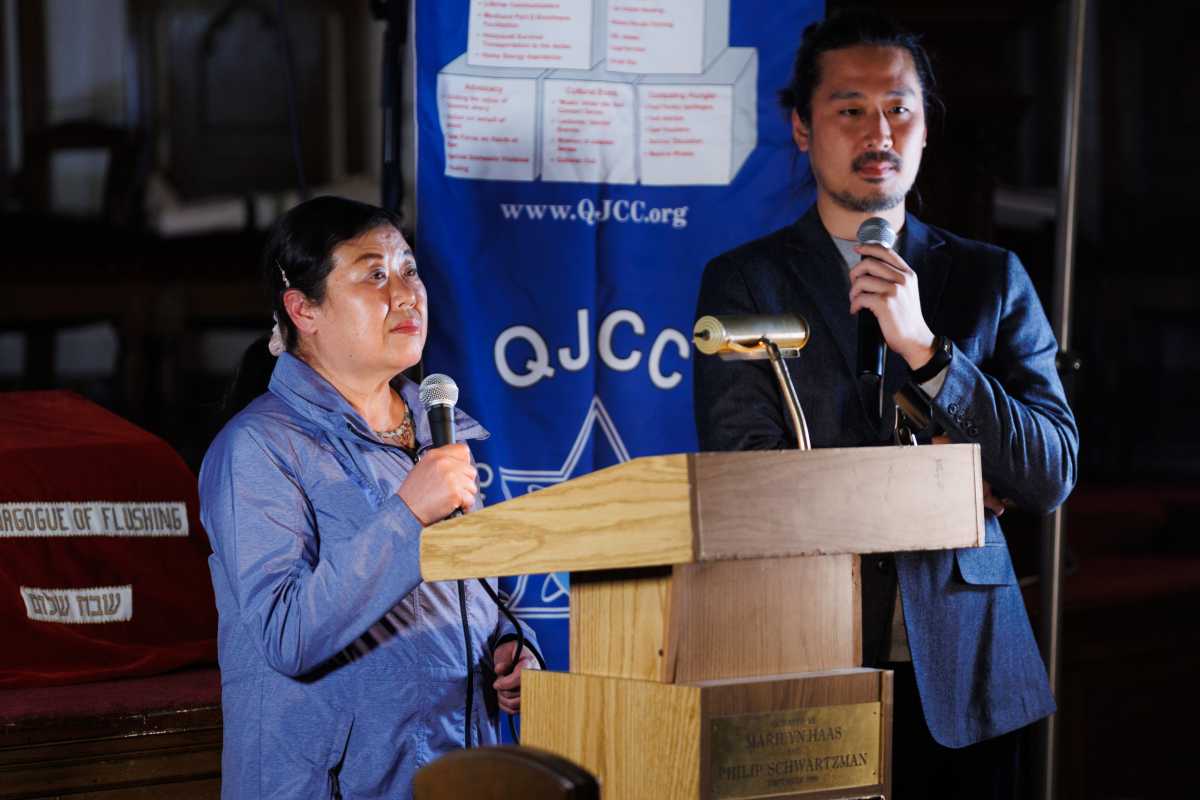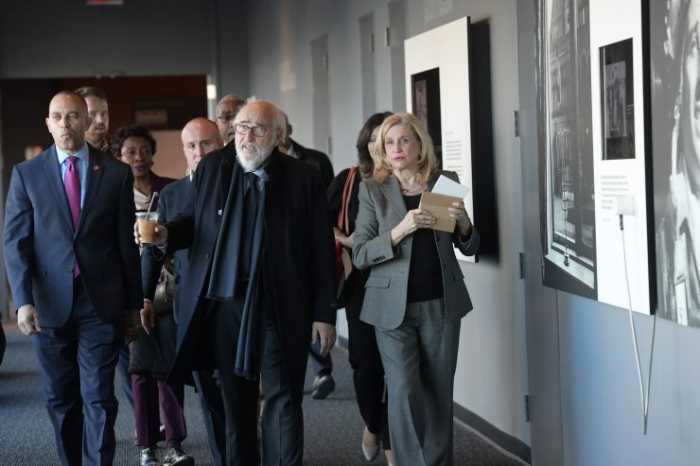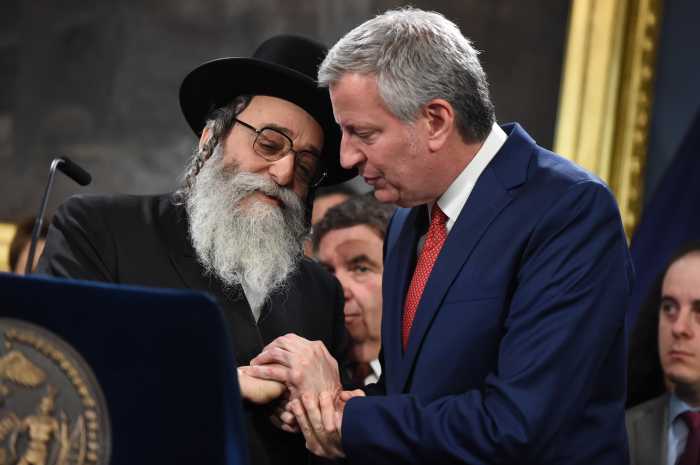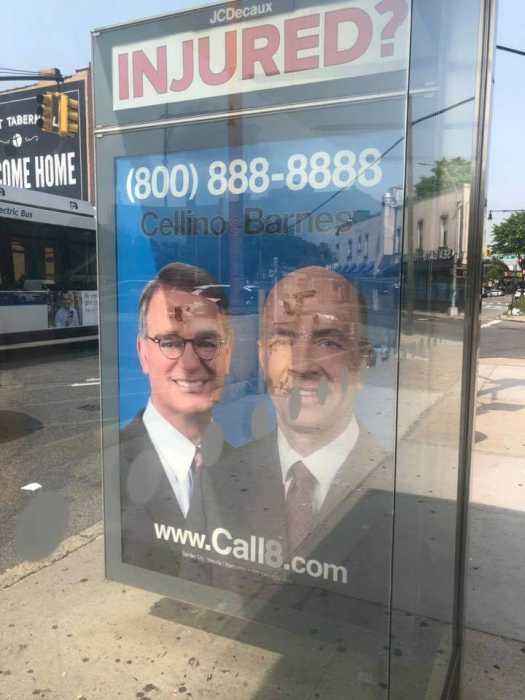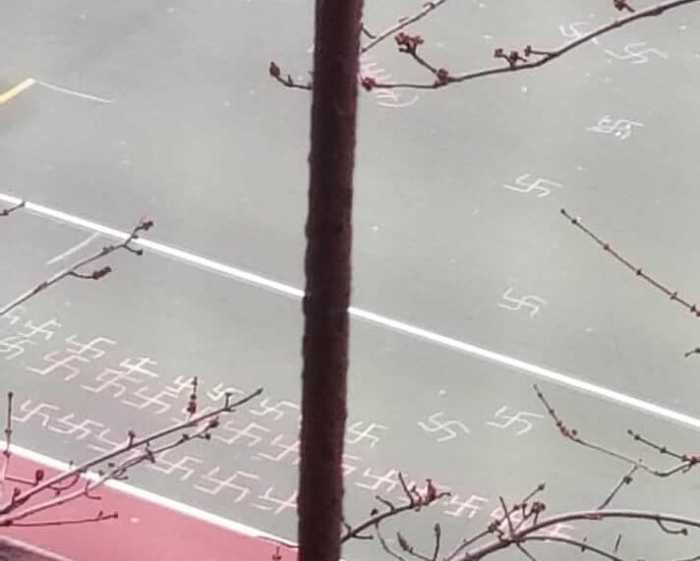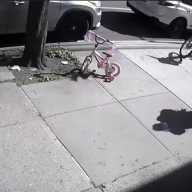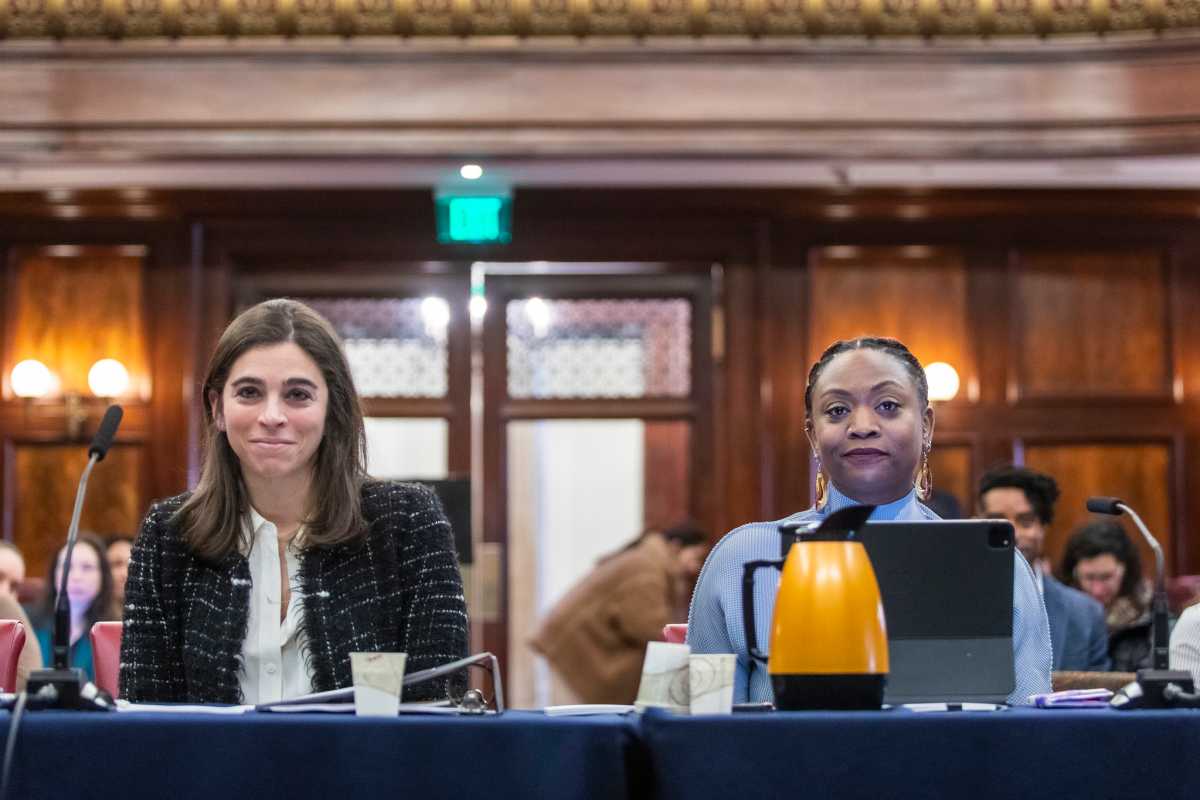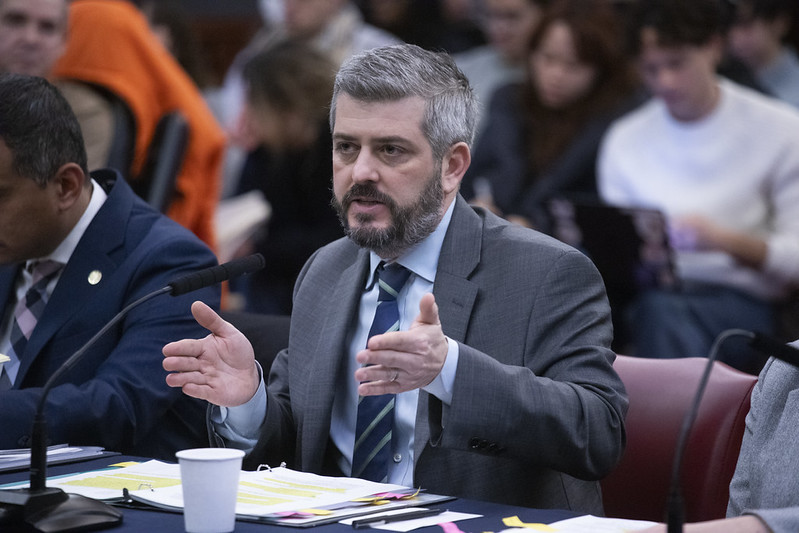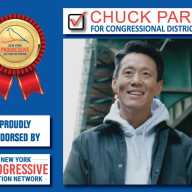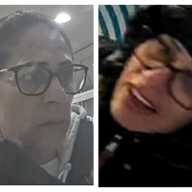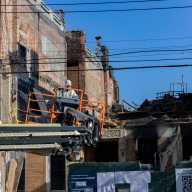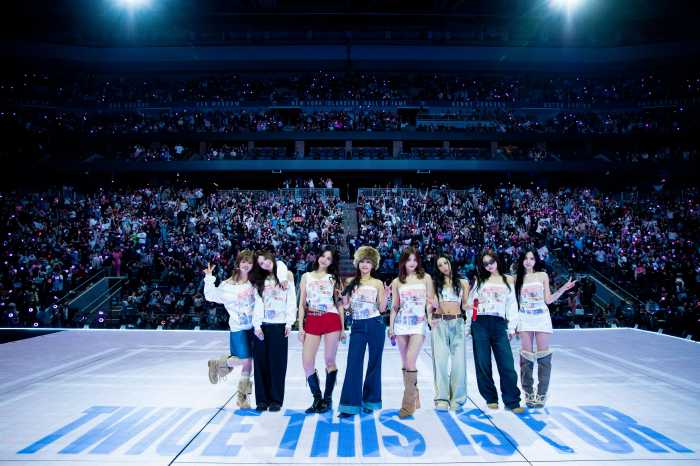Members of the Jewish and Asian community who were affected by a hate crime incident shared their experience of the moment they were attacked and how they overcame the trauma during a community discussion on combating hate at the Free Synagogue of Flushing on April 25.
As she stood behind the podium in the synagogue, Korean immigrant Eun Hee Chang recounted being attacked and robbed in front of Louie’s Pizzeria in Elmhurst last month.
“I had asked the pizzeria owner to help me and then a huge fight broke out between them,” Chang said. “It happened to be a knife fight, and I can hear the knives flying all over the place. I was stuck and I couldn’t move.”
Following the aftermath of the attack, Chang suffered a stab wound to her back. The pizzeria owner, Louie Suljovic, and his father, Cazim Suljovic, were also stabbed and suffered punctured lungs. Chang expressed gratitude to the two men who tried to save her.
“I really hope nothing like this happens ever again. I just have bad feelings when I enter that situation,” Chang said.
Chang told her story not as a victim, but as a survivor. She, among other survivors, was in attendance at the Free Synagogue of Flushing event that was hosted by the Queens Jewish Community Council, Stand With Us and the Jewish Community Relations Council. Congresswoman Grace Meng, Councilwoman Linda Lee, representatives from the Queens District Attorney’s Office and the NYPD Hate Crimes Task Force were also in attendance for discussions of community-based solutions to hate crimes, as well as building stronger community relationships.
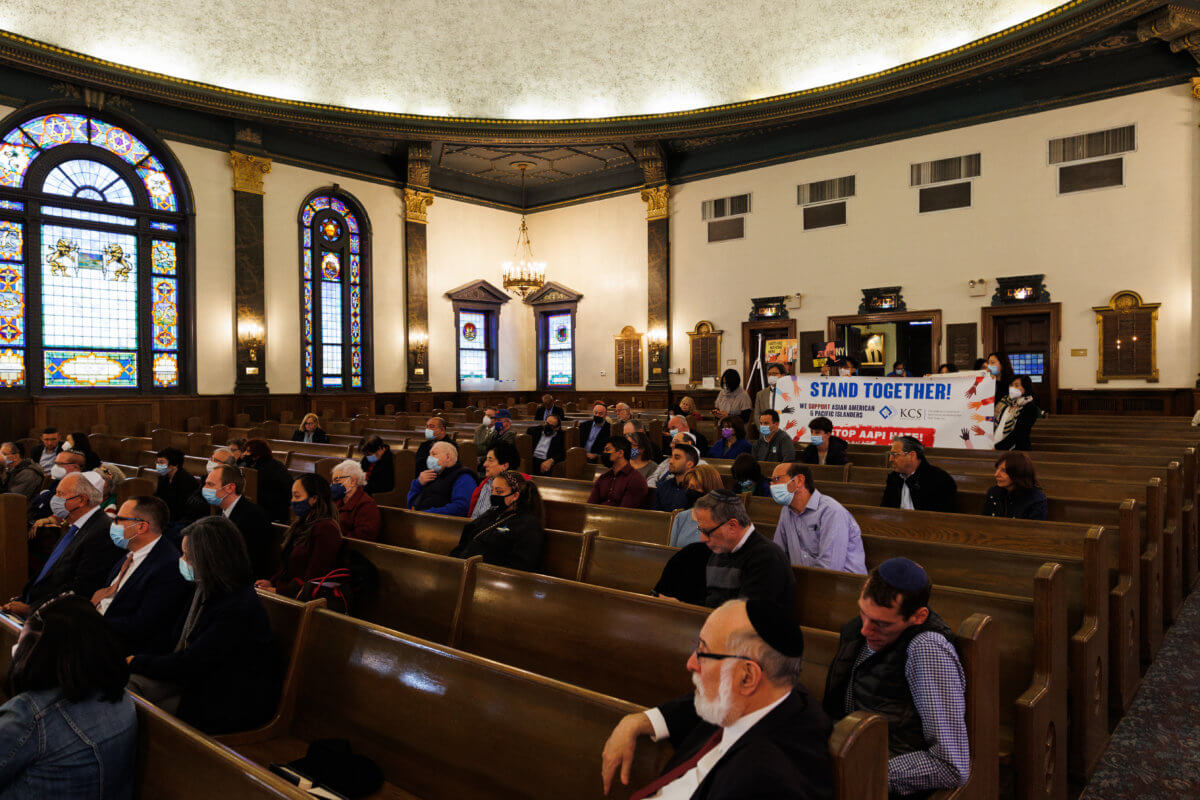
“Queens is always called the most diverse county in the United States. I counter that by saying that we are diverse within our own little communities. When we walk outside of those communities, we become part of the whole and we are attacked,” said Michael Nussbaum, president of the Queens Jewish Community Council.
As hate crime incidents are on the rise in New York City, Asian and Jewish communities are mostly targeted. Last year saw a record number of antisemitic incidents in the United States, according to an annual audit by the Anti-Defamation League (ADL). The ADL reported 2,712 antisemitic incidents in 2021 that marked a 34% increase over the 2020 total of 2,026.
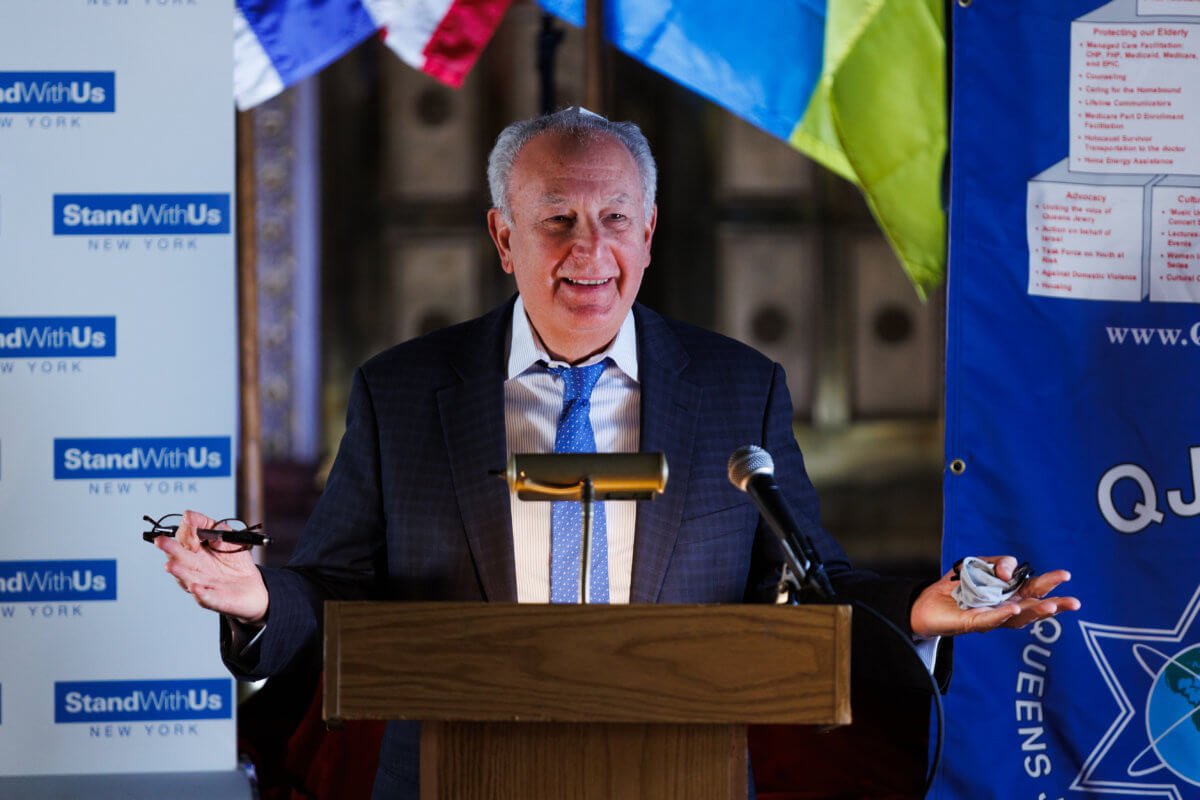
In New York City, there were 131 anti-Asian hate crimes in 2021, compared to 28 in 2020 and just one in 2019, according to New York City Police Department statistics. There also were 198 antisemitic hate crimes reported in New York City in 2021, making the Jewish community the most targeted hate crime victims, according to reports.
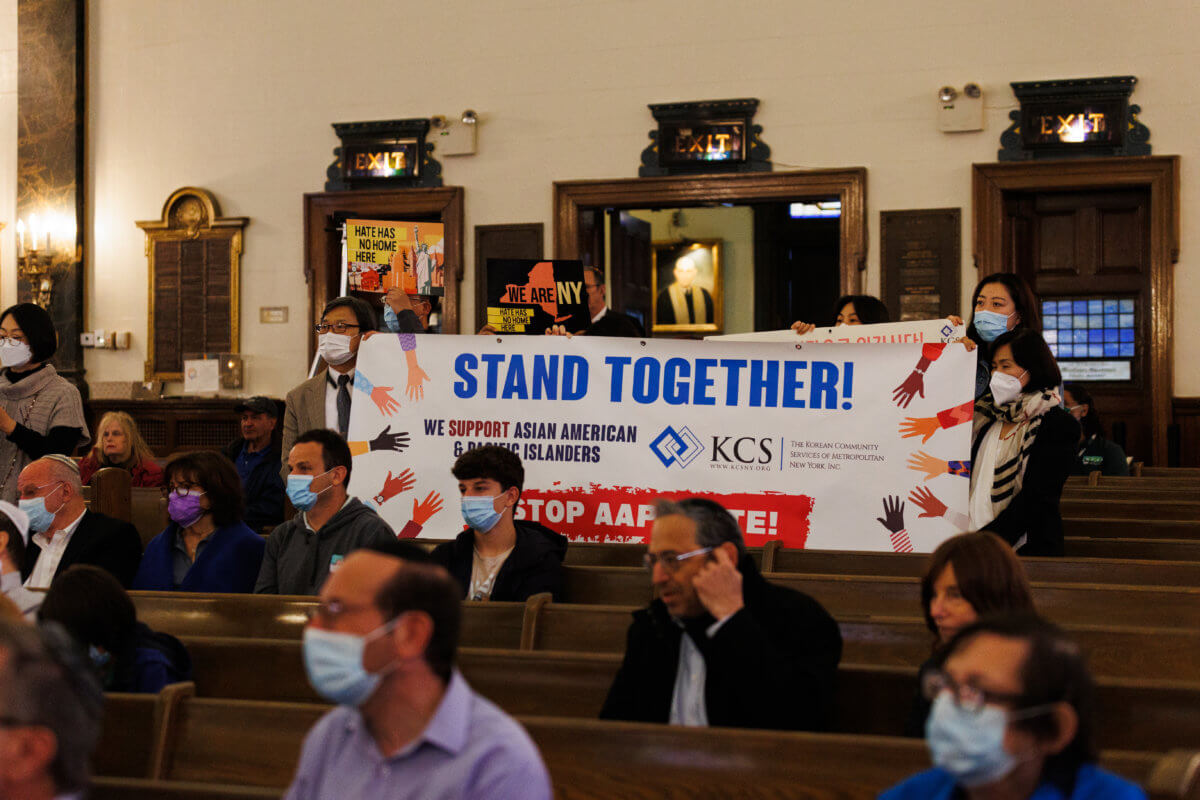
While many hate crime incidents are unreported, Meng noted that the Hate Crimes Act, which was signed into law by President Biden in May of 2021, will help make communities feel more empowered to come forward and report these incidents.
The Hate Crimes Act will establish a position at the Department of Justice to facilitate expedited review of COVID-19 hate crimes, encourage more reporting of incidents in multiple languages, and would also direct federal agencies to work with community-based organizations to raise awareness of hate crimes during the pandemic.
“Most law enforcement across the country reported zero hate crimes last year, and in some jurisdictions, bias incidents went down, and we know that’s not true. In 71 of the cities with populations of over 100,000 people, they reported zero hate crimes and bias incidents,” Meng said. “This goes to show you that our data collection is inaccurate and incomplete.”
According to Deputy Inspector Andrew Arias, head of the NYPD Hate Crimes Task Force, they’re exploring all crimes through the prosecution to try to ascertain whether or not an incident is constituted as a hate crime.
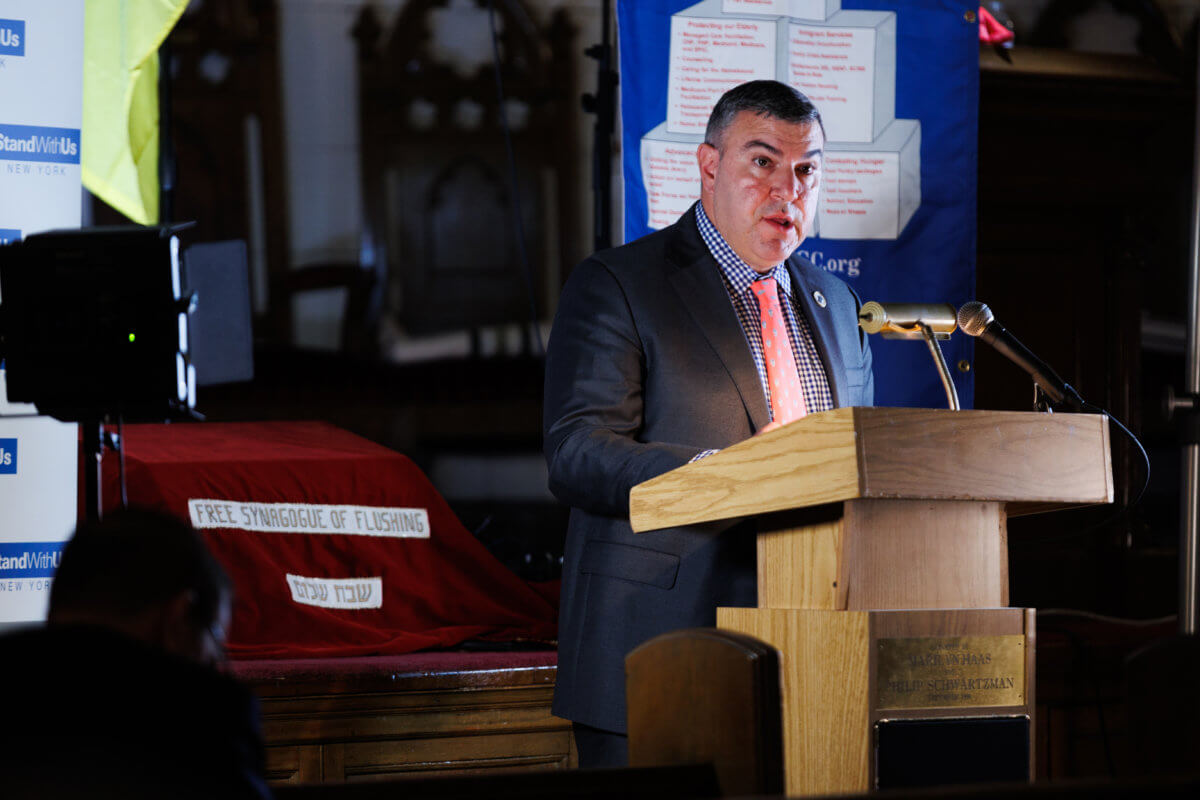
“Victims of hate crime incidents deserve the attention, thoughtfulness and additional investigative steps to solve the cases,” Arias said. “One needs to identify who the perpetrator is, what their social media says, what prior interactions may have occurred, and what unsealed arrests said and their actions in the past — all of these layers in the onion require exploration in our investigation.”
Arias said partnerships with non-governmental organizations and community groups are the foundation for solving hate crimes and keeping New York City safe.
“If anyone knows anyone who has been a victim of a crime, it’s a call to action. We’re asking to hear from those — 911, 311, Twitter, via email. We need to know about these crimes, and we need to know the anecdotes,” Arias said.

